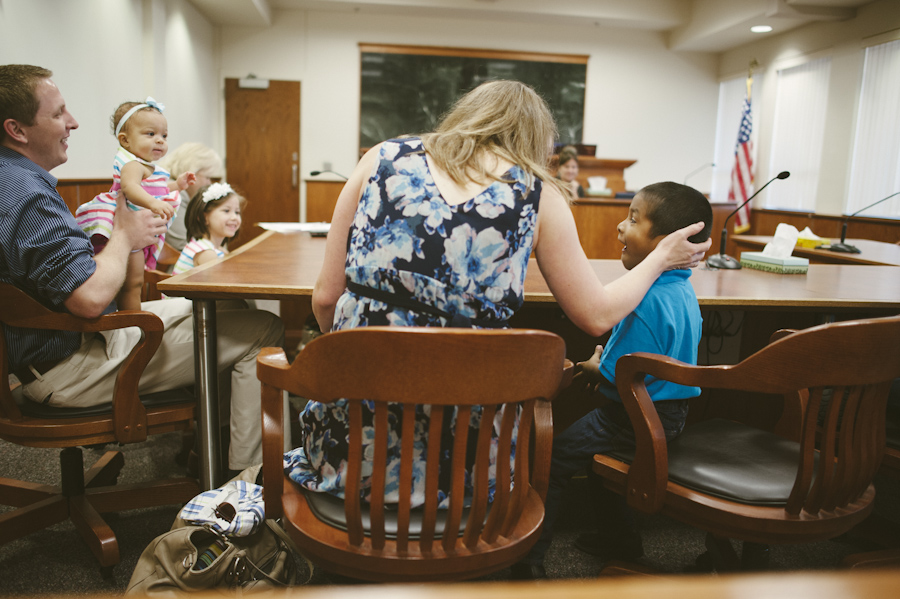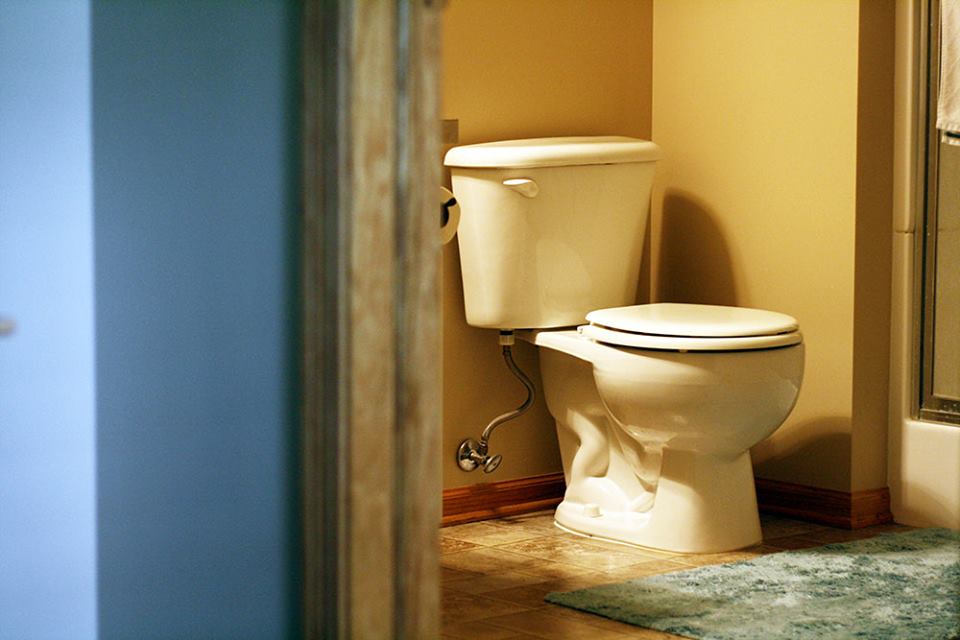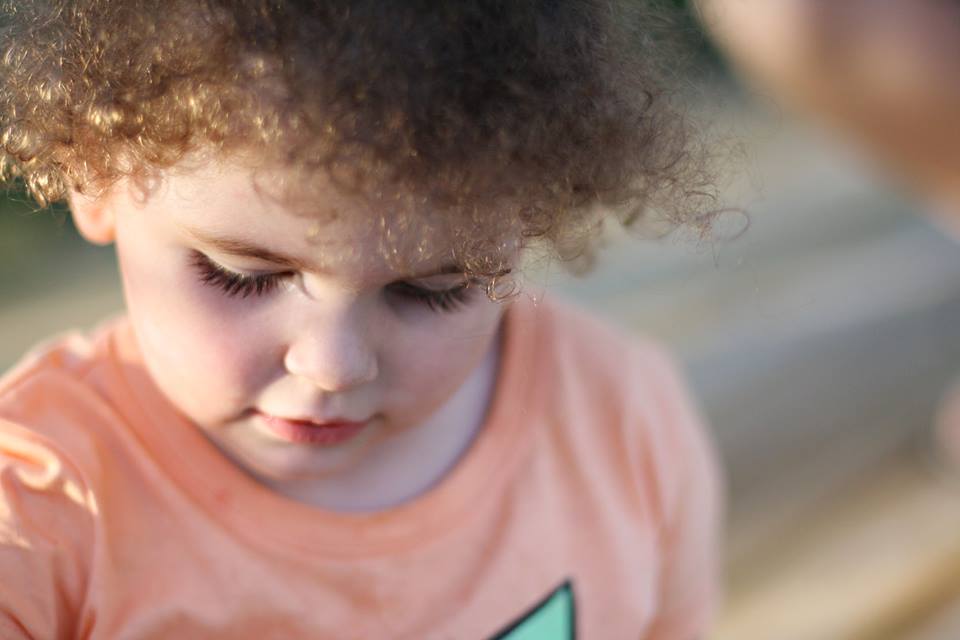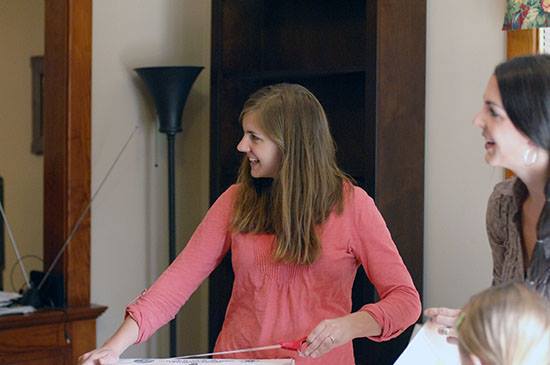The other night I got to speak to a group of potential foster parents who were just about to finish their training classes. They had really great questions about the realities of foster care and a realistic understanding that training classes are just not able to address all the potential scenarios you’ll run into as a foster parent.
One woman asked a great question about how you deescalate kids who are really angry. Over our years working with kids from toddlers to teens we have found what works and what doesn’t when dealing with angry children. I want to share with you our 5 step process for working through the rage with your child.
(*I need to acknowledge the reality that these tips do not work for every child. We had one kid in particular who didn’t respond to any of our attempts to deescalate him. It was a heartbreaking situation, but he couldn’t live safely in your average home environment. I offer these tips with a great humility about my own inability to make them be successful for every kid in every situation. If your child needs more help dealing with his anger, please get him the help he needs.*)
Tip #1: It’s hard to rage at someone who is agreeing with you.
When you’re faced with an angry child, look for common ground and try to be empathetic. It is not you against this child, it is you and this child against the problem. So if a child is raging because he can’t get his shoes on, you get to say, “Oh it is SO FRUSTRATING when you can’t get your shoes on! I can see you’re trying REALLY HARD! What can I do to help you?” I have found that sometimes I can even diffuse the situation by getting ridiculously more upset than they are about it and making them laugh. So in the shoe situation I might say, “Oh no! ARE YOU KIDDING ME, SHOES! HELP A SISTER OUT!” When they see me being super dramatic (which is NOT my norm) it can help them snap out of it. With teenagers it might be something like, “I know it’s frustrating to have a curfew. Do you feel like you don’t get to do the fun things your friends are doing? Can you think of a way we could have your friends over here so the curfew isn’t an issue? Help me figure out how we can make this work.”
Tip #2: Ask them how you can help.
Often our kids rage because they feel powerless. We can help empower them by asking them how we can help. Would a drink of water right now be helpful? Do you need a strong hug? Would a story or snack be helpful? Do you need a few minutes alone in your room to help you calm down? Give them several options and see if they can think of something that might help them. It is good in this moment to help them be aware of their bodies and what their body might need– deep breathing is almost always a good option. Continue Reading →









